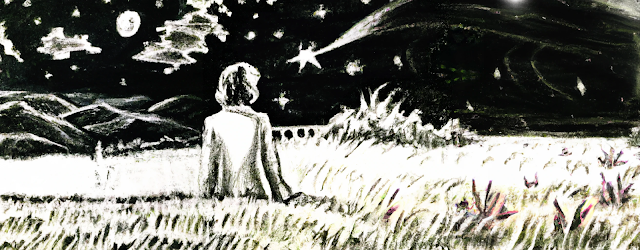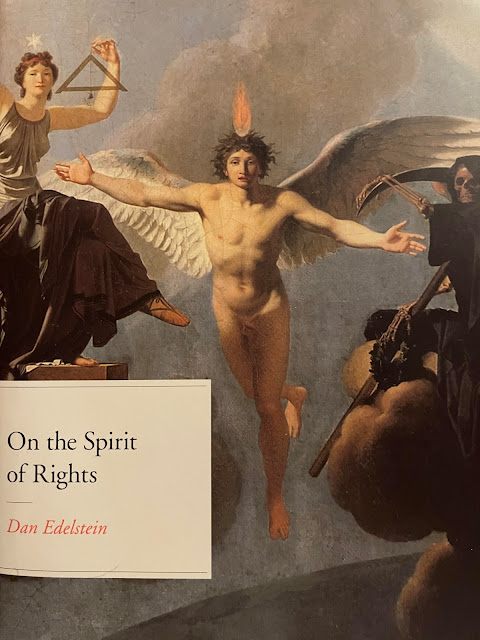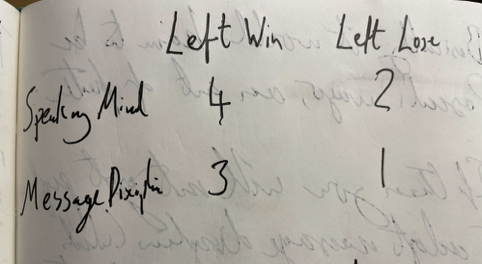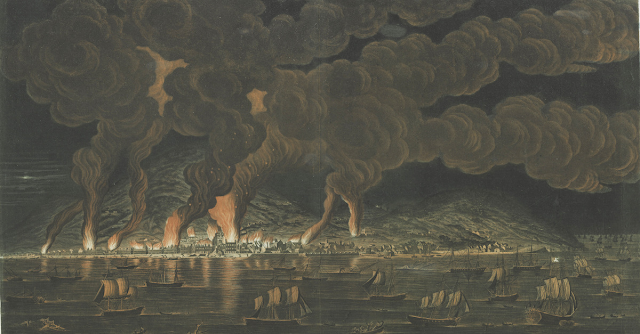Nothing That Is Not There

Some brief reflections as we approach the new year. I am just returning from a trip to see my partner's family, wherein I spent much time with my little nephew, Kai. There was something entirely fantastic about seeing how, at one years old, he relates to the world. He is so intensely curious about things that seem so mundane. I saw him experience real joy in the triumph of working out how to turn around so as to climb some stairs in a playground. Once at night we went out for a bit of late grocery shopping and it was remarkable how he would seem so engrossed in all the details of an entirely unremarkable street. If philosophy begins in wonder then he's off to a good start. It caused me to introspect on who I am, or maybe where I am, as a philosopher. People close to me know that I have been on and off convincing myself that I ought stop doing novel research. I am periodically overcome by the conviction that, in some way, what I do or how I do it is making the field worse --



